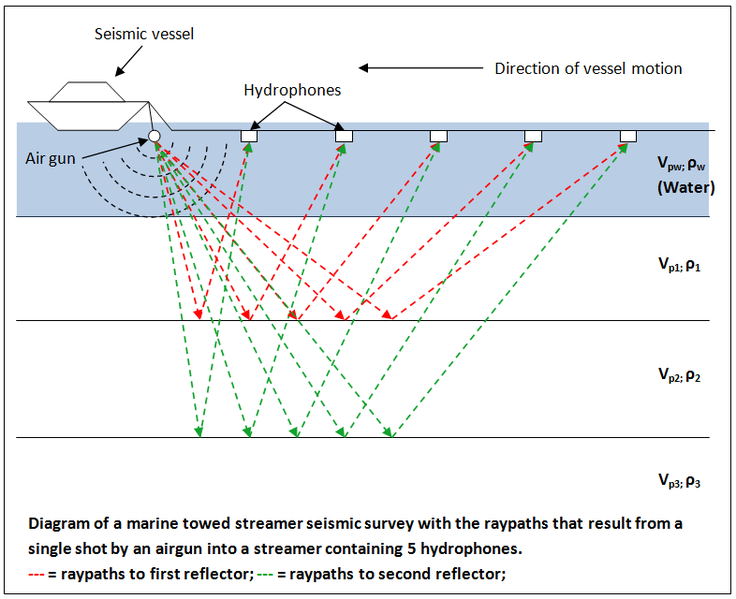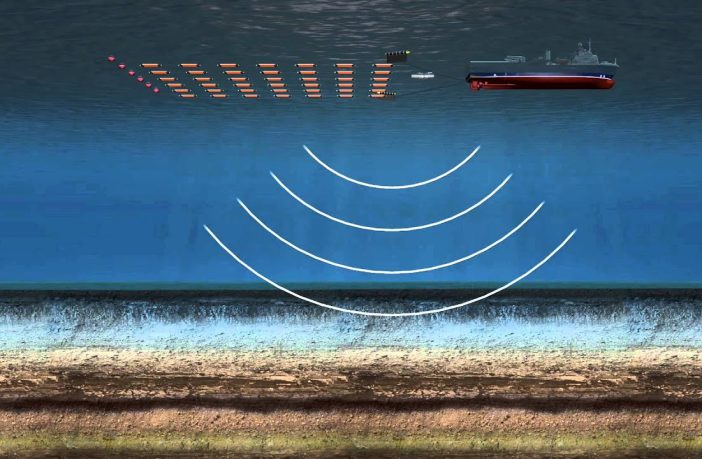- Australian geoscience data supplier vessel, Searcher Geodata (Searcher), application to have the interim interdict on its seismic survey off the West Coast lifted was denied by Judge Daniel Thulare in the Western Cape High Court yesterday.
- West Coast fisheries and residents as well as civil society organisation, We Are South Africans (WASA), filed an urgent court application last month to interdict the survey. Read more.
- The application for the urgent interdict has now been brought forward to 24 February 2022.
Last Monday, Judge Thulare ordered that all seismic surveying by Searcher Geodata in SA territorial waters be halted until the urgent interdict was heard. Searcher had failed to submit answering affidavits ahead of that hearing . Read more
The applicants claim that the reconnaissance permit granted to searcher by Petroleum Agency South Africa (PASA) in May 2021 was unlawful and want it to be reviewed and set aside by the court. The applicants argue that Searcher was also obliged to consult with interested and affected communities when it applied for the permit – but failed to do so.
The applicants also claim that Searcher has not obtained environmental authorisation as required.
The respondents includes South Africa’s Minister of Mineral Resources and Energy, the Minister of Forestry, Fisheries and the Environment, the Petroleum Agency South Africa, BGP Pioneer, Searcher Geodata UK and its Australian subsidiary.

Diagram of a marine seismic survey. Image credit: Wikimedia Commons
In 2D seismic surveying both the blast and sound detectors (numbering up to a hundred or more per charger) are moved along a straight line. In 3D seismic surveying the sound detectors (numbering up to a thousand or more) are spread out over an area and the blast is moved from location to location through the area. Seismic testing involves sending regular “blasts” under water in short sequence to create a map of the surface and sub-surface.
The noise generated can reach 250 decibels as the sound waves generated by the blast penetrate the seabed. In comparison, the loudest whale noises range between 140 and 190 decibels.
This sound is proven in multiple peer-reviewed research papers to disturb, scare and alter marine life such as separating whales and their calves. This affects the endangered African Penguin, two subspecies of Blue Whales, the Antarctic Blue Whale and the Pygmy Blue Whale, the protected Southern Right Whales, Bryde’s Whales, Loggerhead Sea Turtles, Orcas and multiple Shark species all found along the Western Cape coast.
Searcher argues their submitted expert affidavits all confirm that there is no evidence to support the allegation that seismic surveys cause irreparable harm to the environment. Searcher also argued that the current survey interdict halting operations was costing the company US$ 100000 per day and could cost up to R400 million if the programme is stopped.
The application for the urgent interdict, originally set for 7 March, has now been brought forward to 24 February 2022.
In a similiar case, Shell has been ordered to stop their seismic survey off South Africa’s Wild Coast. Read more
Author: Bryan Groenendaal















